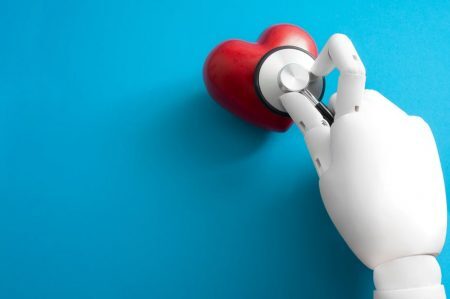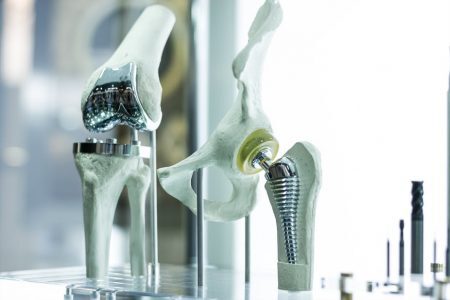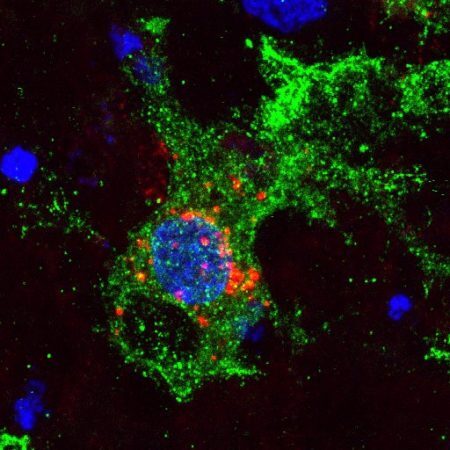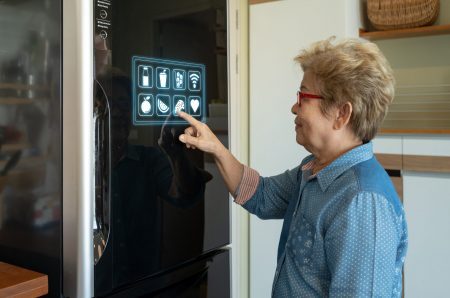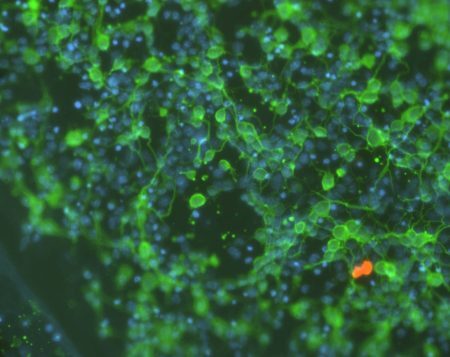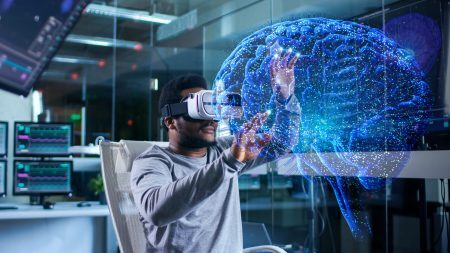Whether you’re an athlete trying to gain the competitive edge, a weekend warrior tracking progress or someone who is just trying to improve your health, consider heart rate a valuable tool in understanding the work of your amazing body as it achieves those first steps, that next 5K or even Olympic gold.
Browsing: medical
Love them or hate them, smartphones have become ubiquitous in everyday life. And while they have many positive uses, people remain concerned about the potential negative harms of excessively using them – especially in children and teens
Researchers recently produced an algorithm that could guess whether heart patients had lived or died from their condition within a year. By looking at data from a test of the heart’s electrical activity known as an electrocardiogram or ECG, the algorithm successfully predicted patient survival in 85% of cases
William Gregor, an amateur mineralogist and chemist, first discovered ilmenite – some black sand containing one of the world’s lightest metals…
While many people love colorful photos of landscapes, flowers or rainbows, some biomedical researchers treasure vivid images on a much…
Personal electronic devices emit more blue light than any other color. Blue light has a short wavelength, which means that it is high-energy and can damage the delicate tissues of the eye. It can also pass through the eye to the retina, the collection of neurons that converts light into the signals that are the foundation of sight.
When researchers talk about smart homes, we usually mean technologies that use artificial intelligence to learn your habits and automatically adjust your home in response to them. Perhaps the most obvious example of this are thermostats that learn when you are likely to be home and what temperature you prefer, and adjust themselves accordingly without you needing to change the settings.
Despite their names, artificial intelligence technologies and their component systems, such as artificial neural networks, don’t have much to do with real brain science. I’m a professor of bioengineering and neurosciences interested in understanding how the brain works as a system – and how we can use that knowledge to design and engineer new machine learning models.
In our lab at the University of Saskatchewan we are doing interesting deep learning research related to healthcare applications — and as a professor of electrical and computer engineering, I lead the research team. When it comes to health care, using AI or machine learning to make diagnoses is new, and there has been exciting and promising progress.
John J Reilly, University of Strathclyde ; Anthony (Tony) Okely, University of Wollongong; Catherine Draper, University of the Witwatersrand, and…




